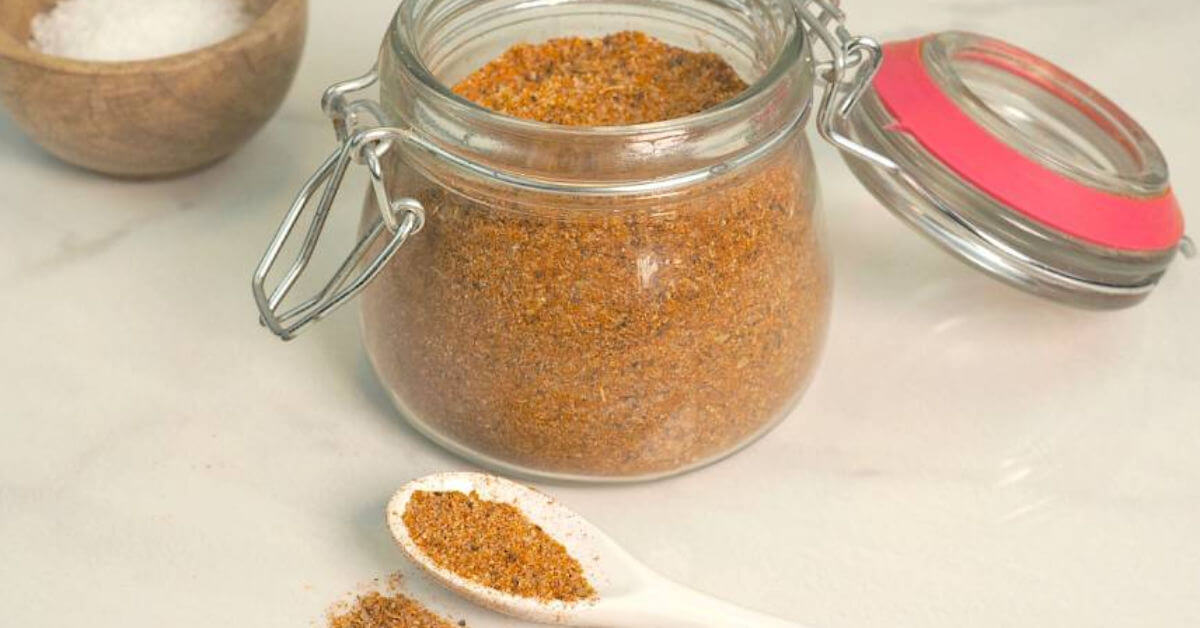Year 12 Exam Stress is Crushing Me! Help!
By: Emily Bemmer
Did you know there are websites counting down the seconds until the HSC begins?! As if there isn’t enough stress already!
With trials out of the way, it feels like the finish line is so close, and yet the hardest weeks are yet to come. How is it that we, and those we care about, can best be supported through the difficulties of exam seasons (whether that’s in HSC, at uni, or for those pressing work deadlines). Learning to manage our stress, and ourselves, through periods of heightened stress and expectation is a helpful life-skill to build.
Beware ‘All or Nothing’ Thinking
In stressful situations, we often resort to something called “black or white” or “all or nothing” thinking. We might use terms like “always” or “never”, or put things into only two categories – “achieve” or “fail”. For what can feel like the most important exams so far, we want to nail it! So the expectations can go sky high – I will always getto bed on time, I’ll never get distracted while studying, I’ll do all the practice papers… when we set these rigid expectations, we reduce our capacity for flexibility and can swing from over-working to giving up completely.
Our habits and patterns don’t change overnight, so instead of harsh and rigid expectations on ourselves, it’s important to make small achievable changes, and allow for a fresh reset each day, even if you didn’t get all you wanted done yesterday.
Before Breaking Down With Stress, Break Down Your Tasks!
Noticing all or nothing thinking is one thing, but the best way to combat it is to break things down. You might start with your study habits – reduce study stress by putting your phone away in a drawer to reduce distractions, or give it to your parents while you study. You might change one part of your study routine – by going to a library to study away from the distractions at home. You can’t change all your study habits in one go.
Similarly, when tasks feel too big, daunting or overwhelming we’re much more likely to procrastinate, just to avoid the distress and make ourselves feel better. By making tasks smaller, and breaking them down into achievable sections, you’ll feel less overwhelmed and have more moments to celebrate success (i.e. every 5% done, rather than only at 100% completion).
Change Modes of Learning – Variety is Fun and Memorable!
Miminise stress and maximise learning by changing up your learning style. If you’ve written a practice paper for history, you might want to revise some content by listening to a podcast covering the topic while you go for a walk. Then you might try to teach a younger sibling (or explain to your dog!) the shortcuts you’ve learned to remember your maths equations. Changing up our mode of study can help us to stay engaged, and give us more way to recall the information later. Note: be careful with Youtube study – good intentions to do work can easily be sidetracked.
Rest Well and Reach Out for Support
Good sleep is critical for stress management, but so is rest while you’re awake. Your brain can’t retain information from 8am to 8pm, so taking time to eat, exercise, stay hydrated and spend time with people is critical for helping our brains work efficiently. Balance is key! You can also enlist help from others, and it helps to be specific about what is most helpful. You might ask your parents if you can have a later dinner during the week so you can finish study at the library, or ask a friend to work on your major projects together.
Technology can also be your friend – you can use apps and extensions to put a block on your newsfeed, or create a calendar to plan out your days – both times to study and scheduled down time to reward your hard work! Use teachers’ recommendations, or government websites to help you work smarter, not harder.
Healthy Perspectives Help Settle Stress
Take the time to rebalance your thinking with people you trust, or seek professional support from your GP or a psychologist. The HSC is just another set of exams (and you’ve done plenty of exams through school before). Take the time to talk to teachers, parents or other adults to put the HSC into perspective, remembering there are alternative pathways, and there is so much more to enjoying life than having good marks. Celebrate all the aspects of your life that you enjoy totally separate from school marks – friendships, family relationships, exercise, sport, hobbies. There is a life after HSC, why not look forward to it by writing down all the things you’re excited to do after exams finish?
While it’s perfectly natural to feel stressed with exams, it’s important to be mindful of keeping your stress in check, ensuring balance in your life and drawing on the supports available to you.
Article supplied with thanks to The Centre for Effective Living.
About the Author:
Feature image: Photo by Siora Photography on Unsplash










